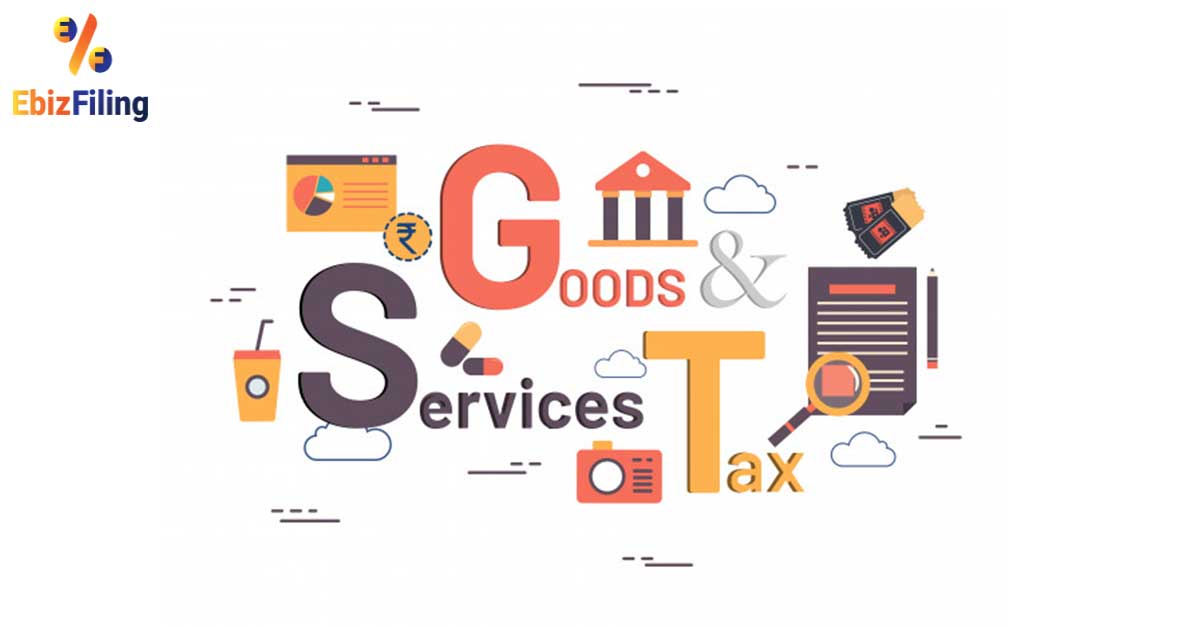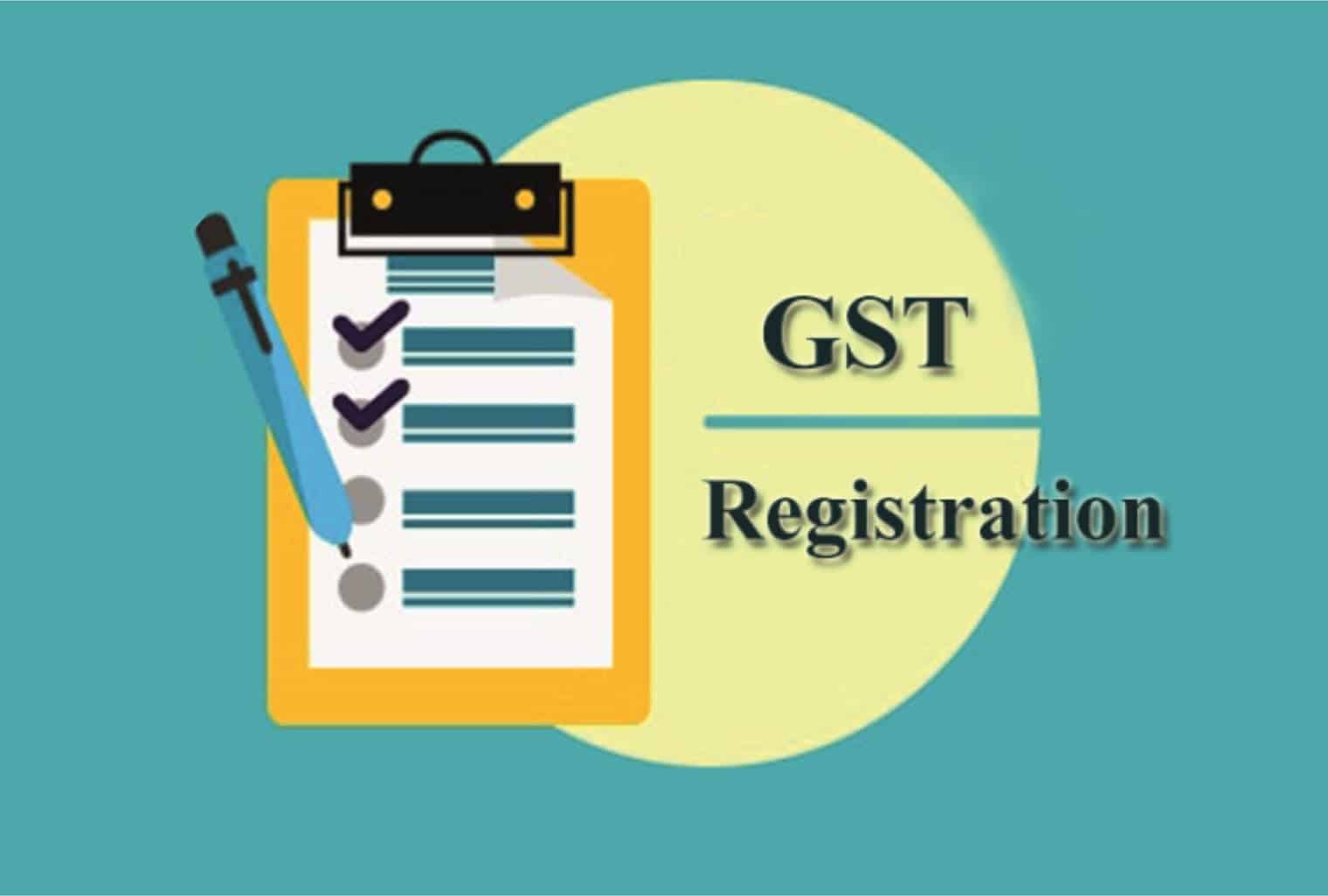Top Tips for a Smooth Singapore GST Registration Experience
Top Tips for a Smooth Singapore GST Registration Experience
Blog Article
Navigating the Complexities of GST Registration: Specialist Tips and Best Practices for Easier Compliance
Browsing the complex landscape of Item and Solutions Tax Obligation (GST) enrollment demands a keen understanding of the evolving regulative structure and precise interest to information. As services aim to make certain conformity and stay clear of pitfalls, specialist support and best techniques can work as indispensable compass points in this complicated surface. From deciphering registration demands to utilizing technological devices for structured procedures, the journey in the direction of smoother GST compliance is nuanced and diverse. Remain tuned to reveal vital techniques and insights that can aid companies steer with the complexities of GST registration with skill and confidence.
Understanding GST Enrollment Requirements

Along with turnover thresholds, organizations participating in interstate sales or giving taxable services might also be required to sign up for GST, also if their turn over is listed below the suggested limit (Singapore GST Registration). Comprehending these needs and limits is necessary to stay clear of charges and ensure smooth operations within the legal structure
Moreover, companies need to collect and prepare the essential documents, such as proof of identity, address, organization incorporation, and bank account information, before initiating the GST enrollment procedure. Stopping working to supply accurate details or meet the enrollment due dates can lead to penalties or other lawful effects. Services must remain educated regarding the particular GST registration demands relevant to their operations to keep conformity and prevent potential issues.
Organizing Necessary Paperwork
Businesses getting started on the GST registration procedure need to thoroughly assemble and organize the essential documents needed for entry. The vital papers typically needed for GST enrollment include proof of service enrollment or consolidation, address and identity proofs of the organization proprietors or companions, savings account details, proof of principal place of company, and authorization types. Ensuring that these papers are readily available and arranged can enhance the enrollment process and prevent denials or hold-ups.
To effectively arrange important paperwork, companies should produce a centralized system for saving and classifying the called for documents (Singapore GST Registration). Using digital storage space options can help keep very easy accessibility and ensure that records are securely stored. In addition, developing a checklist of all essential papers can function as a practical tool to track what has been collected and what is still required for submission

Leveraging Innovation for Performance
Enhancing operational performance via technical assimilation is critical for modern-day services browsing the complexities of GST enrollment. Leveraging technology can streamline processes, lower errors, and make sure timely conformity with GST guidelines. Among the crucial means innovation can help in GST registration is with the usage of automated software application solutions. These tools can help companies click this site track sales, produce billings, calculate taxes, and send returns precisely. By automating these jobs, services can save and reduce hand-operated errors time that would otherwise be invested in repeated management job.
In addition, modern technology can promote smooth communication with tax obligation authorities. On-line portals and communication tools allow companies to submit files, settle queries, and get updates in a much more efficient fashion. This not only expedites the registration process however also helps in preserving transparent and dependable communication with the relevant authorities.
Additionally, cloud-based storage space options provide a secure platform for businesses to shop and gain access to their monetary information, guaranteeing compliance with GST record-keeping needs. By centralizing data storage space and automating procedures, businesses can boost their general effectiveness and precision explanation in GST registration procedures.
Proactive Compliance Monitoring

To make certain reliable aggressive compliance monitoring, businesses ought to develop durable interior controls, conduct routine audits, and take advantage of automation tools for real-time tracking of GST purchases. Regular training sessions for workers on GST compliance demands can likewise aid in developing a culture of compliance within the company. In addition, involving with tax experts or specialists can supply useful insights and support on browsing intricate GST policies.
Engaging With Professional Consultants
Involving seasoned tax obligation consultants can dramatically strengthen a firm's understanding and compliance with intricate GST policies. Expert consultants bring a wide range of understanding and experience to the table, assisting organizations navigate the complexities of GST enrollment effortlessly. By leveraging their knowledge, companies can ensure precise filings, decrease the danger of mistakes, and stay up-to-date with the most recent regulatory modifications.
When engaging with professional consultants, it is important to select specialists with a solid record in GST conformity (Singapore GST Registration). Seek experts who have a deep understanding of the appropriate legislations and laws, as well as experience functioning with companies in your market. Reliable communication is crucial in this partnership, so make sure to plainly define your assumptions and establish regular touchpoints to discuss development and address any type of issues
Additionally, specialist consultants can offer beneficial insights and suggestions on enhancing your tax obligation method, identifying potential cost-saving opportunities, and simplifying your compliance processes. On the whole, purchasing professional consultancy services can go a long method in ensuring smoother GST conformity and preventing costly blunders.
Conclusion
In final thought, navigating the complexities of GST registration needs an extensive understanding of the requirements, organization of crucial documents, leveraging technology for performance, aggressive compliance monitoring, and interaction with professional consultants. By complying with these finest techniques, businesses can ensure smoother conformity with GST laws and prevent prospective fines or fines. It is crucial to stay educated, aggressive, and persistent in taking care of GST registration to keep conformity and promote economic integrity.
To make sure conformity with tax regulations, businesses must thoroughly recognize the elaborate needs for GST registration. Item and Services Tax (GST) is a value-added tax imposed on the majority of items and services in a nation, making it important for companies to register for GST to stay clear of lawful repercussions.Additionally, organizations must collect and prepare the necessary documentation, such as proof of identification, address, business top article consolidation, and financial institution account information, prior to launching the GST enrollment procedure. Companies should remain notified concerning the details GST enrollment needs suitable to their operations to keep conformity and prevent prospective problems.
The key records normally needed for GST enrollment consist of proof of organization enrollment or address, unification and identification evidence of the service proprietors or companions, financial institution account information, evidence of principal place of service, and authorization types.
Report this page